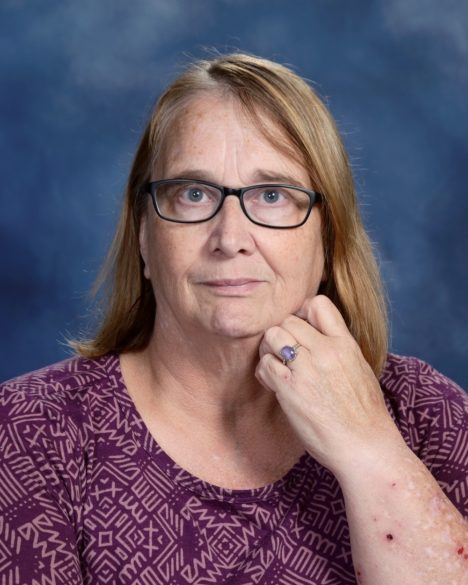THINGS OLD AND NEW
By Ruth Powers
Right now there is a debate going on in some quarters in the church regarding whether or not there is such a thing as a vocation to the single life, in addition to the unquestioned vocations to ordained, married, or vowed religious life. Part of the reason for the debate is that, unlike the other vocations, there is a great diversity of reasons why people are single, therefore it is difficult to make statements about what “being single” means.

We are all single for some part of our lives. We marry or enter priesthood or religious life after some period of living as a single person. We may become single again due to divorce or the death of a spouse. We may actively choose not to marry for a wide variety of reasons. Better theological minds than mine are grappling with this question, and I will leave it to them. However, I would like to propose a shift in the way we look at vocation for single people that makes it plain that it is not a second class state of life, but rather it is an opportunity to live out the vocation given to all of us at our Baptism, no matter who we are.
In Lumen Gentium, one of the primary documents of the Second Vatican Council, the fathers of the Council wrote of the universal vocation of all Christians, the call to holiness. They wrote, “Thus it is evident to everyone, that all the faithful of Christ of whatever rank or status, are called to the fullness of the Christian life and to the perfection of charity; by this holiness as such a more human manner of living is promoted in this earthly society. In order that the faithful may reach this perfection, they must use their strength accordingly as they have received it, as a gift from Christ. They must follow in His footsteps and conform themselves to His image seeking the will of the Father in all things. They must devote themselves with all their being to the glory of God and the service of their neighbor. In this way, the holiness of the People of God will grow into an abundant harvest of good, as is admirably shown by the life of so many saints in church history.” In other words, we are all called to be holy by following the teachings of Christ and through service to others. The single person is just as capable of living this call as is the married person, the priest, or the person who has taken religious vows.
Whether a person is single by choice or by chance does not change the fact that we are still made for love, self-gift and service. There are many ways that the single person can be true to this call. First of all, it does not require religious life to develop a relationship with God; and depending on the individual situation, the single person may have more time to develop a relationship with God because as St. Paul says, it is a time where you can give your “undivided attention to the Lord” (1 Corinthians 7:35) by reading, studying and prayer. Live your whole life with passion and purpose as an offering to God for the gifts you have been given rather than actively seeking something to make you happy, and you may find that happiness will sneak up on you. The single person has the time and opportunity to develop many friendships if he or she wishes to, and in these loving friendships they can help others live more faithful lives as well. As it says in Hebrews 10:24-25, “And let us consider how we may spur one another on toward love and good deeds. Let us not give up meeting together … but let us encourage one another.” Finally, the single person has the freedom to devote time to service, and finding an area of service that one is passionate about can often be another avenue to a happy and fulfilled life.
With this said, the church also has a responsibility to her single members, who all too often get overlooked. In Familiaris Consortio, St. John Paul II wrote that those without a family must be able to find their family within the church. The Catechism of the Catholic Church, in paragraph 1658 also speaks to the church’s role in serving its single members: “We must also remember the great number of single persons who, because of the particular circumstances in which they live – often not of their choosing – are especially close to Jesus’ heart and therefore deserve the special affection and active solicitude of the church, especially of pastors. … Some live their situation in the spirit of the Beatitudes, serving God and neighbor in exemplary fashion. The doors of homes, the ‘domestic churches’ and of the great family which is the church must be open to all of them.” As a church which calls itself the People of God, we have the responsibility both as a group and as individuals to work to make sure that all are included and no one suffers loneliness needlessly.
Single people have an important though sometimes unrecognized role (sometimes even unrecognized even by themselves) in the Body of Christ. They have a unique opportunity to live out their baptismal call to holiness and service, and we as the church have a responsibility to include and support them.
(Ruth is the Program Coordinator for St. Mary Basilica Parish in Natchez.)
